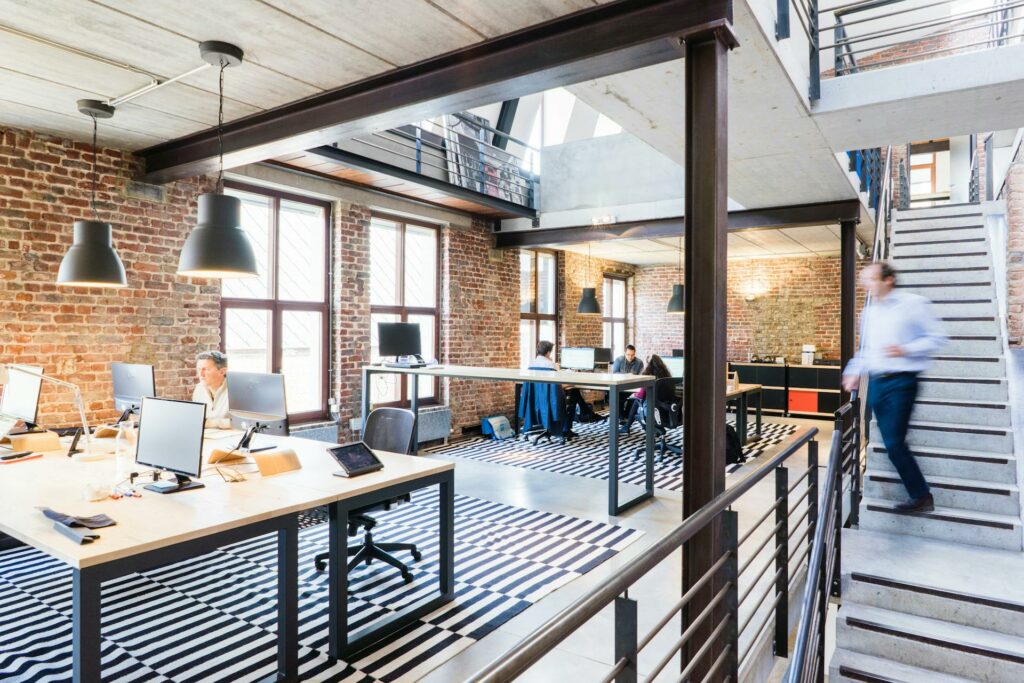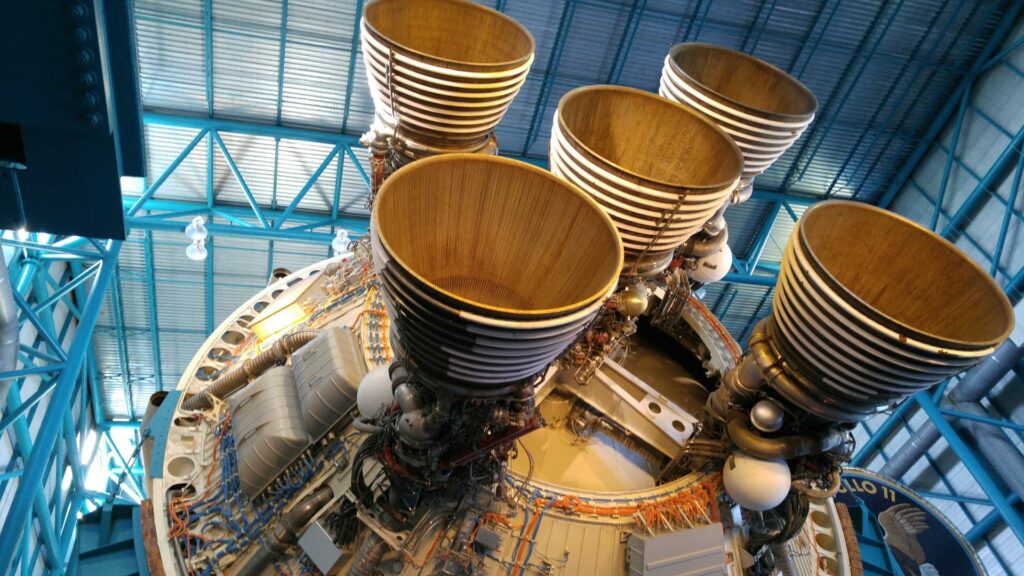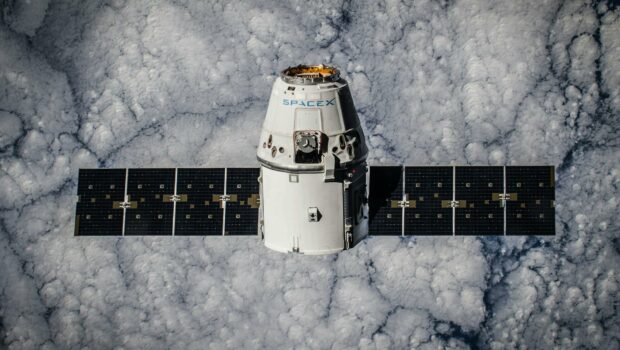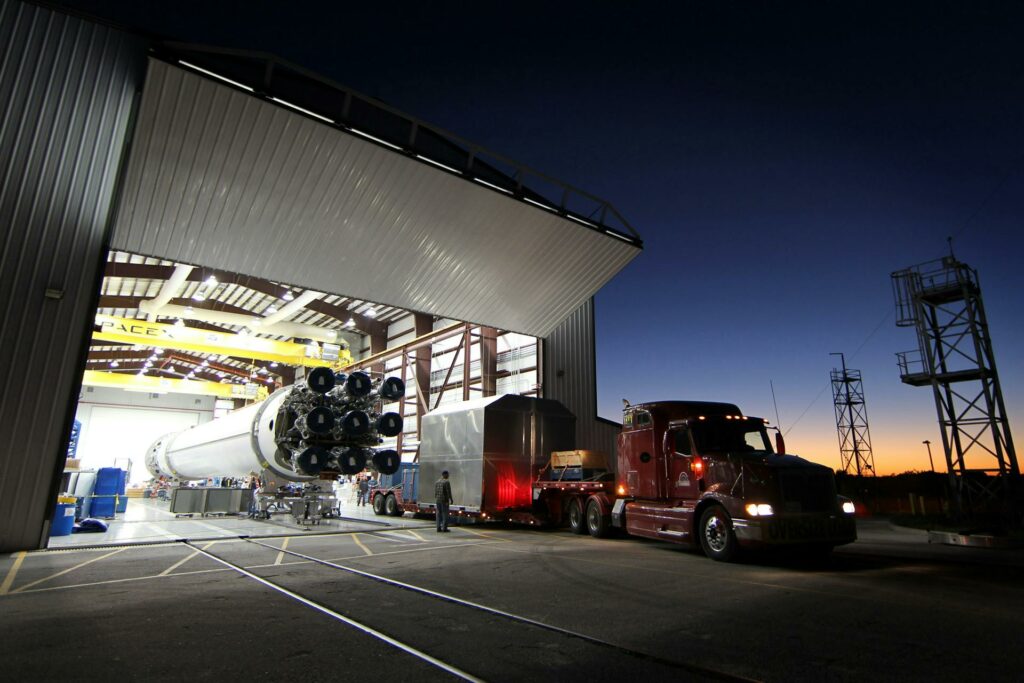Haute Orbit: How France Is Redefining Space Travel with Elegance and Ambition
At a time when global attention is focused on SpaceX and booming American ventures, France is quietly carving its own path in the “NewSpace” era—ushering in a bold and elegant vision that marries heritage, innovation, and civic ambition.
From the artisanal charm of a ballooned capsule offering stratospheric champagne vistas to reusable rockets named Baguette One, French ventures are blending flair with technical daring. Leading this charge are a cadre of engineers whose shared cultural values imbue every project with refinement, sustainability, and strategic purpose.

An Era of French NewSpace Reinvention
The French government, through its France 2030 initiative, has pledged more than €1.5 billion over five years to catalyze a national NewSpace economy. That effort has helped spawn a new generation of startups backed by CNES and venture funds like Expansion, which has amassed €100 million by 2024 to fuel projects aimed at in-orbit services, satellite logistics, and micro-launch.
Startups now emerge at a rate of approximately one per week, spanning propulsion, orbital logistics, habitat design, space tourism, and space debris mitigation. Far from nostalgia, these companies reflect a futurist aesthetic deeply rooted in engineering tradition and cultural pragmatism.
The Explorers: Startups and Engineers Leading the Charge
The Exploration Company & Nyx Capsule
Founded in 2021 by former Airbus and ArianeGroup engineers led by Hélène Huby, The Exploration Company is developing Nyx, a reusable spacecraft built to deliver cargo and crew to orbital stations and lunar habitats. The startup raised €40 million in 2023, the largest Series A in European spacetech, and has been contracted by ESA to study future spacecraft architectures. A larger version capable of ferrying 4 metric tons from Earth by 2026 is under development.
Nyx represents both European sovereignty and versatility—a modular, green‑fuel vehicle that stands to redefine how Europe accesses orbit.
Exotrail & the SpaceVan
In Palaiseau, Exotrail is building a space logistics empire. Founded in 2017, the company produces electric propulsion systems for microsatellites and now pilots SpaceVan, an orbital “space truck” capable of relocating and refueling satellite fleets in LEO. With $58 million raised and operations extending into the U.S., Exotrail aims to become the European leader in in-orbit escort and constellations management.
Their systems automate satellite placement while minimizing orbital traffic and energy use—embedding elegance into logistics.
HyPrSpace & Baguette One
Perhaps the most whimsically named venture, HyPrSpace (Hybrid Propulsion for Space) emerged from Bordeaux in 2019. Its hybrid-powered rockets—Baguette One (suborbital) and Orbital Baguette One (OB‑1)—promise reusable, low-emission microlaunch services for payloads up to 250kg. Photojournalists smirked at the name, but the technology is serious, backed by €35 million from France 2030 and supported by France’s military bases. Launch is planned from mainland France by summer 2026—a historic milestone as the first such launch in metropolitan.
Their hybrid engine uses recycled plastics and liquid oxidizer, avoiding turbo pumps and slashing costs—overlaying engineer pragmatism on poetic branding.
Dark & Interceptor
Based in Paris, Dark is developing Interceptor, a space defense vehicle designed to rendezvous with, capture, and deorbit space debris or hostile satellites. Air-launched from aircraft, this robotic interceptor aims to safeguard orbital assets in a quickly militarizing space landscape. Backed by former missile engineers and investors like Long Journey Ventures, Dark plans to test public systems by 2027.
Their approach reflects a distinctly French pragmatism—balancing clean engineering, sustainable disposal, and geopolitical readiness.
Spartan Space & Eurohab
In Septèmes-les-Vallons, Spartan Space, founded by Franco-German engineer Peter Weiss, is designing Eurohab, an inflatable lunar habitat for remote deployment. The structure integrates AI-managed energy systems for long-duration mission viability. Spartan’s mock-up was exhibited in Dubai (IAC 2021) and even in the French National Assembly, symbolizing France’s involvement in ESA’s Artemis-aligned moon program.
Eurohab represents the intersection of design, architecture, and deep-space ambition—a poetic reflection of French spatial foresight.
The Engineers at the Helm
Behind these ventures are French engineers trained at elite institutions such as ISAE-SUPAERO and supported by GIFAS’s industrial network. These professionals—many of whose careers began with Airbus, Thales, Dassault or CNES—are building private companies grounded in decades of aerospace tradition.
The sector is hungry for talent: in 2023–24 alone, France sought to fill over 25,000 aerospace roles, with one in five remaining unfilled due to skill gaps and demographic shifts. The drive toward electrification, AI in aviation, and low-carbon propulsion demands a wave of new recruits.
Connecting Toulouse to Texas: CNES Hubs and Global Collaboration
France’s state space agency, CNES, is spearheading international engagement via Connect by CNES, a program creating virtual NewSpace hubs in Denver and Houston. These hubs facilitate Franco-American partnerships, bridge jobs in both regions, and integrate startups into a global market. “We want to be the wedding planner for innovation,” CNES officials say.
This international posture aims to bolster European sovereignty while enabling French NewSpace pioneers to operate on a global stage.

A Cultural Approach to Space
French space ventures rarely seek the spectacle of grandiosity. Instead, they emphasize design, sustainability, and cultural resonance:
- Zephalto’s Celeste balloon capsule, rising to 25 km, offers a Michelin-starred, low-carbon stratospheric experience, complete with curated cuisine and panoramic views. With flights priced at around £140,000, the project emphasizes experiential elegance over theatrics.
- The Vehicle Hypersonique Réutilisable Aéroporté (VSH), imagined by the Astronaute Club Européen—endorsed by Dassault, Safran, Thales—brings students into spaceplane design, reaching Mach 3.5 and 100 km altitude via carrier jet. A symbol of European creativity, it reflects France’s intergenerational commitment to aeronautical vision.
Strategic Imperatives: Spaceplane & Defense Gaps
Despite innovation on the commercial front, criticisms persist about France’s absence in strategic domains. In April 2025, Dassault Aviation CEO Éric Trappier condemned French inaction on spaceplanes, warning Europe risks falling behind in military space systems while China and the U.S. race ahead. France lacks a domestic reusable spaceplane capability, with Trappier warning spaceplane deployment is no longer speculative, but strategic.
Investment and Economic Context
The financial momentum behind France’s NewSpace ecosystem surged in early 2024, only to slow in late 2024 as global investors pivoted toward project viability. French startups raised €157 million for the year—up over 2023 but trailing peak investment levels amid oversupply concerns. Still, major rounds included Look Up Space (€14M), Latitude, Unseenlabs, and others focused on space surveillance and connectivity.
Economic stimulus via CNES and France 2030 continues to sustain long-term investment—especially for climate-forward, reusable, and sovereign capabilities.
Industrial Consolidation and European Competition
A major element looms: potential consolidation of European giants. Airbus, Thales Alenia, and Leonardo are in talks to merge their space divisions into a multibillion‑dollar “European space champion” by 2028. This effort addresses fierce competition posed by SpaceX’s dominance, but also raises concerns over regulatory complexity and national agency rights—especially in France and Germany.
Ultimately, France’s private sector may choose between collaboration, competition, or complementarity with these legacy powerhouses.

Why This Matters: Culture, Sovereignty, Sustainability
France’s space strategy isn’t just about rockets and habitats—it’s grounded in symbolism, civic pride, and sustainable innovation:
- Soft power: A rocket named Baguette One or a balloon capsule designed by an architect make space feel culturally accessible.
- Strategic sovereignty: Developing independent launch systems, cargo vehicles, and debris mitigation platforms enhances France’s status within ESA and global power dynamics.
- Environmental ethics: HyPrSpace’s recycled-solid hybrid engines, Exotrail’s electric tugs, and Zephalto’s carbon-conscious balloon design underscore a commitment to responsible exploration.
- Talent cultivation: The aerospace skills gap highlights the sector’s urgency—but also the opportunity for education systems and policy to nurture emerging engineers in diverse regions.
A Parisian Encore for Space
At the intersection of humanities and hard science, France’s NewSpace narrative blends cocktail‑party glamour and technical elegance. Méridien engineers once quietly programmed flight paths on slide rulers; today, their protégés launch rockets from Bordeaux, nurture orbital repair drones in Palaiseau, and invite travelers into balloons that flirt with the stratosphere.
This is space travel as nuanced choreography—engineers dressed in civvies, cultivating ecosystems rather than starbursts—reflecting a distinctly French ethos: exploration with poise, ambition with restraint, and innovation in conversation with culture.
Sources
- Zephalto’s luxury stratospheric balloon plans and sustainability focus, including details on altitude, design, price, and Michelin-style meals in the capsule Céleste.
- France’s “France 2030” initiative: €1.5 billion in funding for NewSpace and key startups like HyPrSpace, Exotrail, and The Exploration Company.
- Exotrail: electric propulsion systems, the SpaceVan orbital logistics vehicle, funding milestones, CNES contracts, and upcoming missions in LEO and GEO.
- HyPrSpace (Hybrid Propulsion for Space): French startup’s founding, hybrid engine tech, OB‑1 “Baguette One” microlauncher project, France 2030 funding, technical milestones and launch plans.
- France’s CNES initiatives: support for NewSpace startups, virtual innovation hubs in Denver and Houston (Connect by CNES).
- Broader strategic and cultural framing: France’s aerospace resurgence, combining elegance with tech ambition, industrial consolidation challenges (e.g., discussions on spaceplane gaps) — synthesis from industry reporting.
- Environmental and design ethos of French space ventures, with emphasis on low-carbon propulsion and experiential narratives in space tourism
Header Photo Credit: SpaceX: https://www.pexels.com/photo/aerial-clouds-cloudy-satellite-60133/






















Fantastic read! This article does an excellent job of breaking down what smart homes are and how they’re transforming modern…